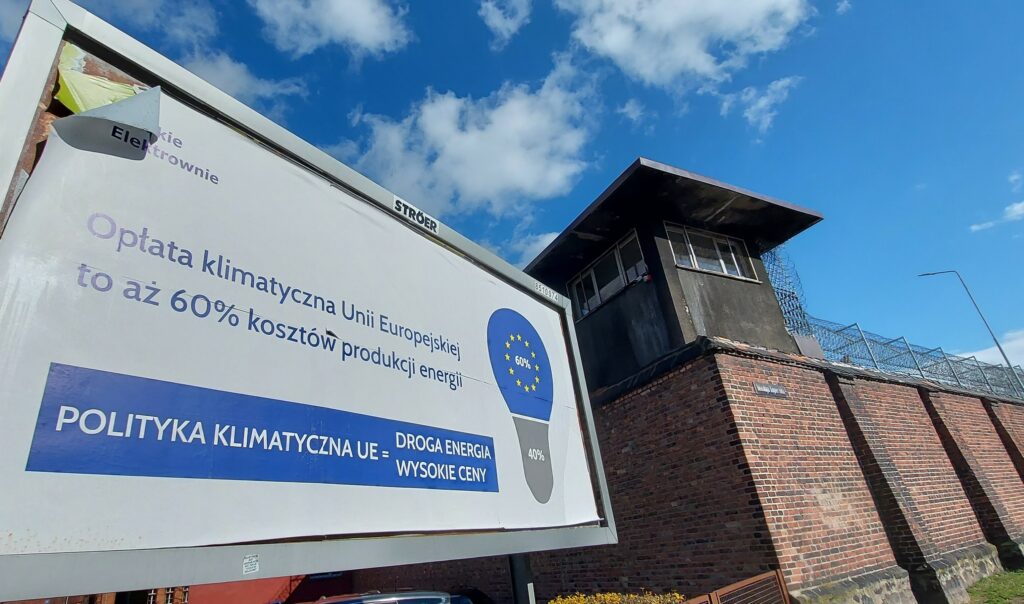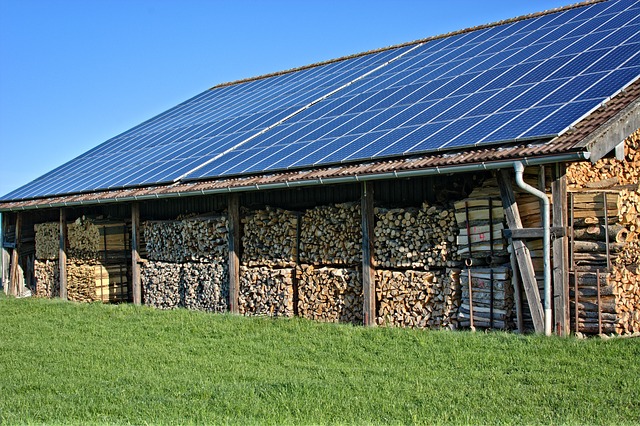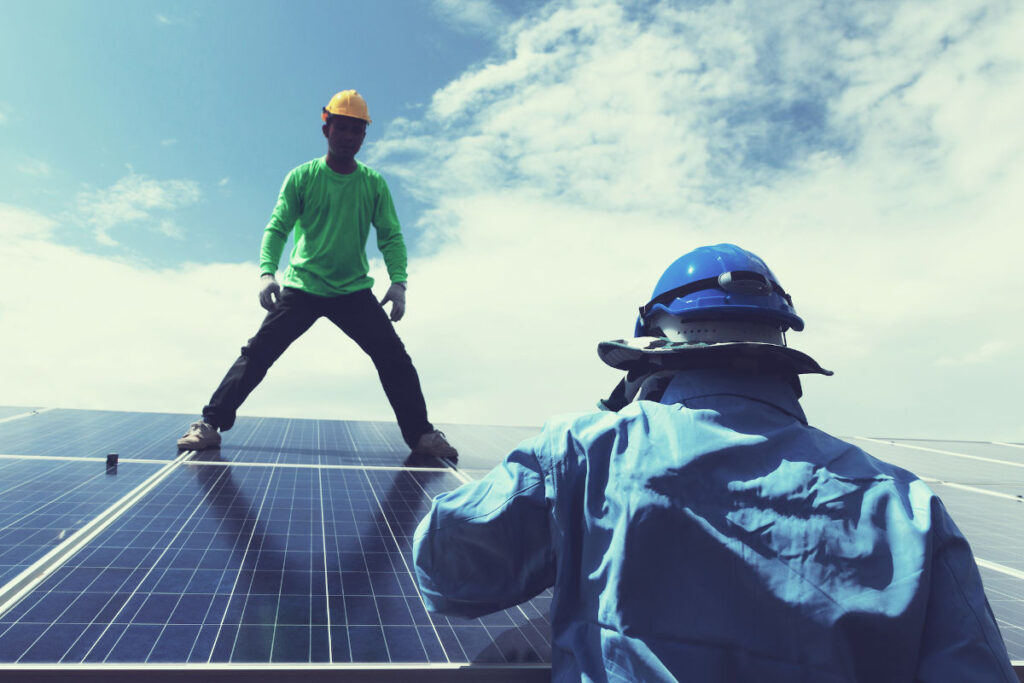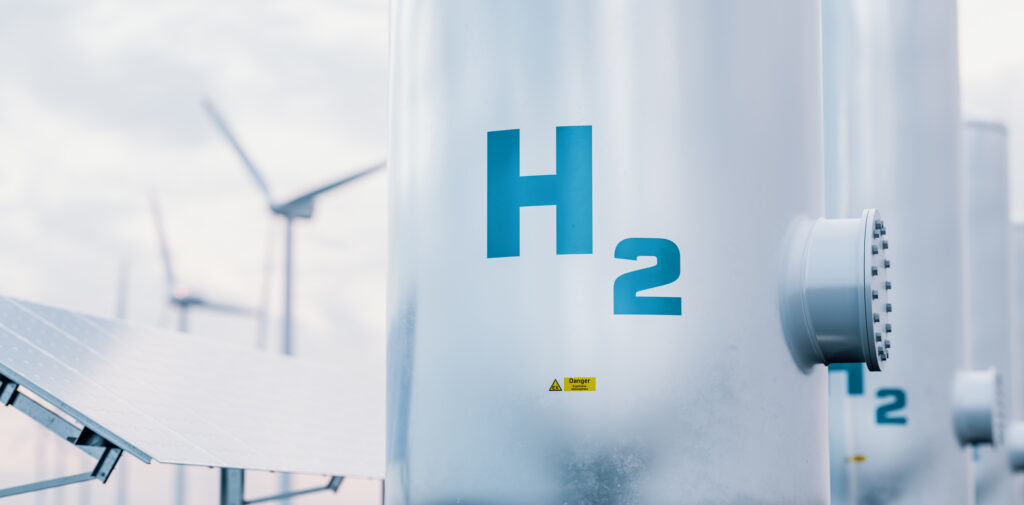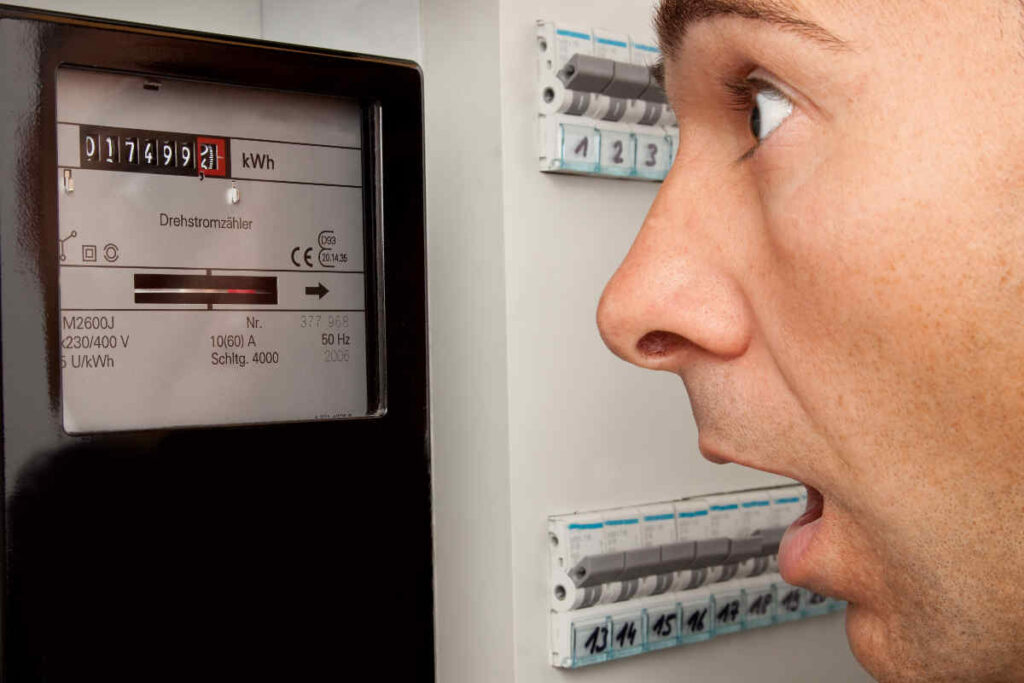Spis treści
Dear Consumers, Dearest Government
“It is us, your electricity producers and suppliers. As you know, we have raised electricity prices. For households it is only about PLN 20 a month. That is the equivalent of a packet of cigarettes or 5 kg of potatoes.
We know that entrepreneurs find the increases, sometimes reaching 100 per cent, much more painful. But we had no choice. The panic in the market for raw materials, especially gas, has caused dramatic increases in the power exchange prices. Still, in Poland they have risen less than in western Europe.
Because it was cheaper here, our country could export electricity for the first time in 10 years and we – the state-owned energy companies – will also, for the first time in many years, make some money out of our coal-fired power stations, which have been unprofitable over the last few years. At the same time, our state has gained as much as PLN 25 billion from the sale of CO2 emission allowances. The entire industry earned over PLN 9 billion – almost twice as much as when CO2 prices were twenty times lower than today.
But it was perhaps the last year in which we made so much money. The prices of raw materials should drop soon, but the climate policy will make our coal-fired power plants more and more unprofitable, and the power exchange prices in Poland will again be higher than those of our neighbours. Therefore, we need energy transition”.
This is more or less the message that energy companies could send out to customers and politicians if they wanted to send out a message that was both reasonably comprehensible and reflected what really happened to energy prices last year. Instead, they provided us with an advertising campaign, having spent a lot of money, blaming only the EU’s climate policy for the price increase. It is even hard to guess what the point of this campaign is. However, it is clear who will ultimately pay for it.
“EU climate policy = expensive energy and high prices” – it is the main slogan of this campaign.
Such a banner is also placed on WysokieNapiecie.pl (we are not accustomed to censoring ads unless they violate law), but we decided to clarify some issues.
The slogan is partially true – the European Union’s climate policy results in increased prices of CO2 emission allowances. As in the case of discharging sewage into rivers or dumping garbage, the “polluter pays” principle applies here. Instead of a tax on emissions, which the Member States did not agree to, the EU introduced a “market” system for issuing and surrendering CO2 allowances. This solution is similar to the Polish system of green certificates, supporting renewable energy sources, which we introduced in our country in 2005. In both cases, of course, we are referring to markets artificially created by regulations, but which are – at least in theory – the most effective way to achieve the adopted goals. In the case of CO2 prices, it is about forcing industry and energy producers to resort to more and more advanced solutions limiting CO2 emissions as the prices of allowances increase. If emissions reduction keeps up with the falling number of allowances, their price may remain at a similar level. However, if emissions are rising very quickly – as it was the case in Europe last year, the price of allowances will also soar.
Why did CO2 emissions rise so fast? Industry quickly began to recover to supply the goods we didn’t buy during the lockdown, the previous winter was dragging on, increasing heating demand, there was noticeably less wind than usual in the North Sea, the amount of water moving hydroelectric turbines fell in Scandinavia and the Alps, and there were prolonged repairs and maintenance of nuclear power stations in France. In short, the production of energy from emission-free sources ceased to keep up with the growing demand. The same phenomenon was true with the rest of the world. As a result, the demand for fossil fuels increased so much that their prices also reached the cap, which is further fuelled by reduced gas supplies from Russia.
And it is gas prices, and not CO2 emission allowances, that have been driving record-high electricity prices on European exchanges for several months. This is particularly true in the context of Polish prices. In February, energy supplies in peak hours in Poland were sold by Polish power plants and energy companies at PLN 954/MWh. However, the cost of CO2 emission allowances at this price is PLN 380, black coal – PLN 110. Thus, the total variable costs of generation reach approx. PLN 500/MWh. Almost half of the peak energy price is the record margin of producers (or trading companies) and the bonus for working for fewer hours. In practice, the margin of many of them is even higher today, because the producers bought CO2 emission allowances at much lower prices than the current prices.
It might seem that the pandemic year 2020, and certainly the year 2021, marked by the highest CO2 prices in history, should ravage the pockets of domestic energy companies. Nothing could be more wrong. The Polish power sector had not recorded such high profits for years. According to the estimates of WysokieNapiecie.pl, based on the results for the first three quarters, the energy sector closed the entire year 2021 with a profit of around PLN 9.5 billion. For comparison, in 2017, when CO2 cost only EUR 6 per tonne (currently it costs EUR 90), the profit of the entire industry slightly exceeded PLN 6.4 billion.
Politicians of the ruling coalition, especially from Solidarity Poland, believe that the exit from the EU emissions trading system is a remedy to the problems of our energy sector, explaining that Poland cannot afford it. It would also mean leaving the EU, but suppose that other EU countries recognized that “Poland is different” and deserved special treatment, i.e. leaving the European Trading System. Would the power exchange prices in our country drop then?
No need to make predictions on the outcomes. As it happens, there are countries in the European energy system which do not pay for CO2 emissions because they are not EU members. They also have power exchanges so it is easy to check what happened with electricity prices there. This is Serbia and Turkey. So let’s take a look at the exchange data.
In Turkey, in July 2021, the average electricity price on the EXIST exchange was approx. TL 300/MWh. In January 2022 it was already approx. TL 1,200, i.e. it increased by 400%.
TL 1,200 is about PLN 400, but you have to remember that in the last few months, the exchange rate of the Turkish lira has also collapsed. In terms of hard currency, the increase in energy prices was more severe for Turks than for Poles.
It’s even worse in Serbia. In June, the prices on the local SEEPEX exchange fluctuated around EUR 100 per MWh, in January it jumped to over EUR 400. Now it has dropped to EUR 230, but….
Yes, you are right, it is still more than in Poland. Despite the lack of these unfortunate climate policies, emission allowances, etc. This is how energy markets work – prices in individual interconnected zones tend to achieve the so-called convergence, that is, they simply equalize, although, of course, considering still insufficient connections, it is not a perfect convergence.
These were the exchange prices of electricity in Europe on 30th January 2022.
In other words, if there were no emission allowances, our wholesale prices would still rise close to the current level, but the Polish state would not earn PLN 25 billion on their sale. On the other hand, energy companies would come off like a fat rat in a cheese factory – they would earn billions on selling energy, and the government might be wondering how to tax their windfall profits, as it has done with KGHM before.
What if at night you cut all cross-border cables and cut yourself off from other countries, basking in our energy autarky? The costs of maintaining a spinning reserve would increase several times, and even then, with larger failures, such as cutting off almost the entire Bełchatów power plant in a second, we would not be able to get by, not to mention the insufficiency of power reserves at peak demand. At least a few times a year we would have power supply degrees introduced, and every few years a total blackout with unimaginable consequences and costs. It is not without reason that the European power system is growing all the time and more countries are waiting to join it.
How dangerous the consequences of believing in autarky can get is exemplified by Texas, which refused to connect to other states. As a result, last year’s winter attack gave Texans a dozen-day system shutdowns for consumers, power exchange prices higher than ever in Europe (even with record high CO2 prices) and electricity bills reaching several thousand dollars a month.
It is true that the EU climate policy makes it unprofitable to invest in coal-fired power plants, and electricity generated by them will become more and more expensive. But equally, as demand falls and investment in renewables returns, next year’s average energy prices on European exchanges may fall, and with them our electricity bills may go down again.
Poland will then again be an importer of energy, our system power stations will again be in an increasingly poor financial situation, for which, of course…. they will again blame the EU’s climate policy. Their situation is truly unenviable.
For our champions are unhappy whatever happens. Now that the coal-fired power stations are burning as much as they can under their boilers (so that Poland has finally started to run out of coal to meet foreign demand for our energy) and are finally making a go, they have to apologise for raising prices. And when prices drop, power plants complain that they’re losing money.
Our government, because it is the government itself (and not energy companies) who is the real promoter of this campaign, unfortunately behaves more and more like Max from “Sexmission” ,movie, who lamented “a woman is beating me”.
We can only hope that the energy industry, like Max later in the film, will recover and use the “acoustic slogan that only Her Excellency knows”.


